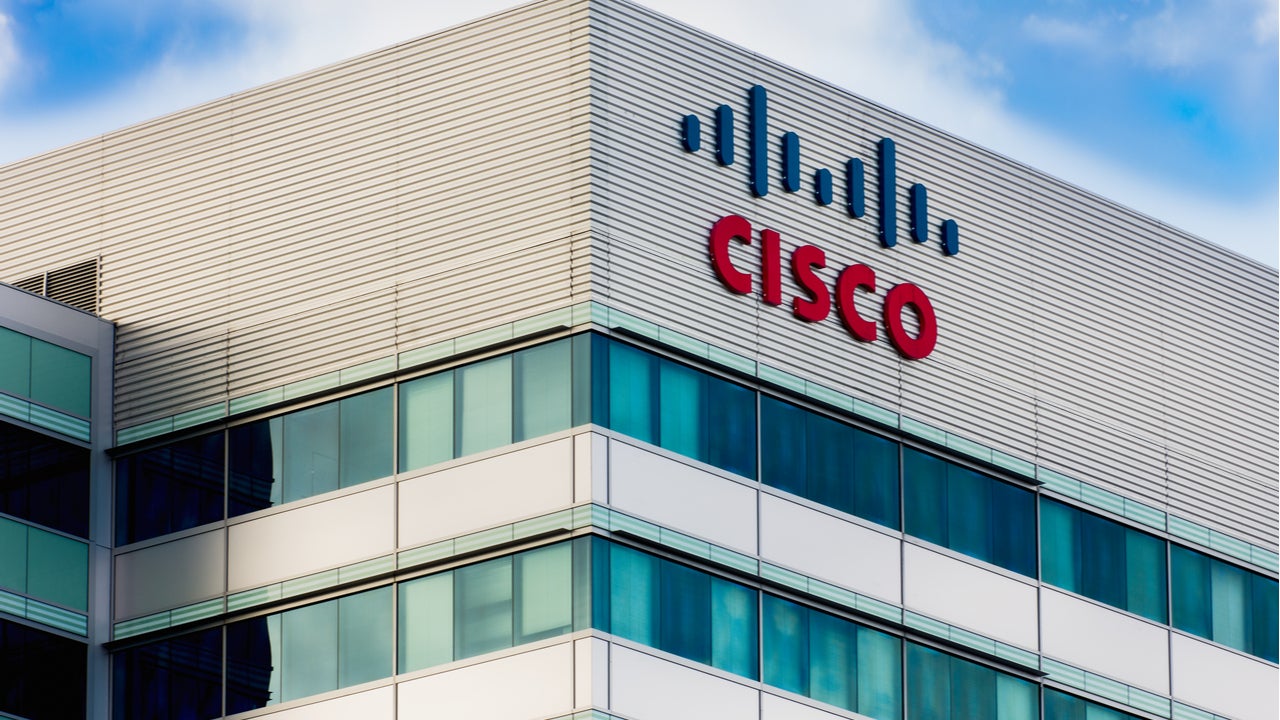
Cisco has warned that the global semiconductor shortage will hit profit margins this quarter as costs are passed on from suppliers of components for its network and telecommunications hardware.
Chief financial officer Scott Herren said Cisco had paid higher prices to avoid interruptions to manufacturing.
A perfect storm of Covid-19, severe weather, factory fires and soaring demand for silicon has resulted in an unprecedented chip shortage affecting multiple sectors.
Herren added that the supply chain issues could continue to affect Cisco until the end of 2021 and possibly into 2020, echoing the view of chip industry executives.
“The good news, and this is reflected in our guidance, is that we are confident we will work through this as we have already put in place revised arrangements with several of our key suppliers,” Cisco CEO Chuck Robbins told analysts during a conference call. “We believe these actions will enable us to optimise our access to critical components including semiconductors and take care of our customers by fulfilling their demand as quickly as possible.”
So far the company has absorbed the additional costs but Robbins did not rule out raising prices in future.
The supply chain warning saw Cisco’s share price drop by nearly 6% in after-market trading.
For the three months ended 1 May, Cisco’s overall revenue was $12.8bn, up 7% year on year and above analyst expectations. Net income came in at $2.86bn while earnings per share were $0.68.
During the quarter Cisco completed the acquisition of Acadia Communications, a fabless semiconductor company that develops high-speed optical interconnect products.
The automotive sector has been hit hardest by the chip shortage, with all major automakers forced to pause production at some stage this year. It is expected to cost carmakers $110bn in lost revenue this year.
Consumer electronics companies including Apple and Samsung have also warned of a possible sales hit this quarter because of the squeeze on chip supply.
The problem could yet be compounded further by the worst drought in Taiwan’s history. Taiwan Semiconductor Manufacturing Company (TSMC), the world’s largest chipmaker, faces water rationing if there is no rainfall by the end of the month.







